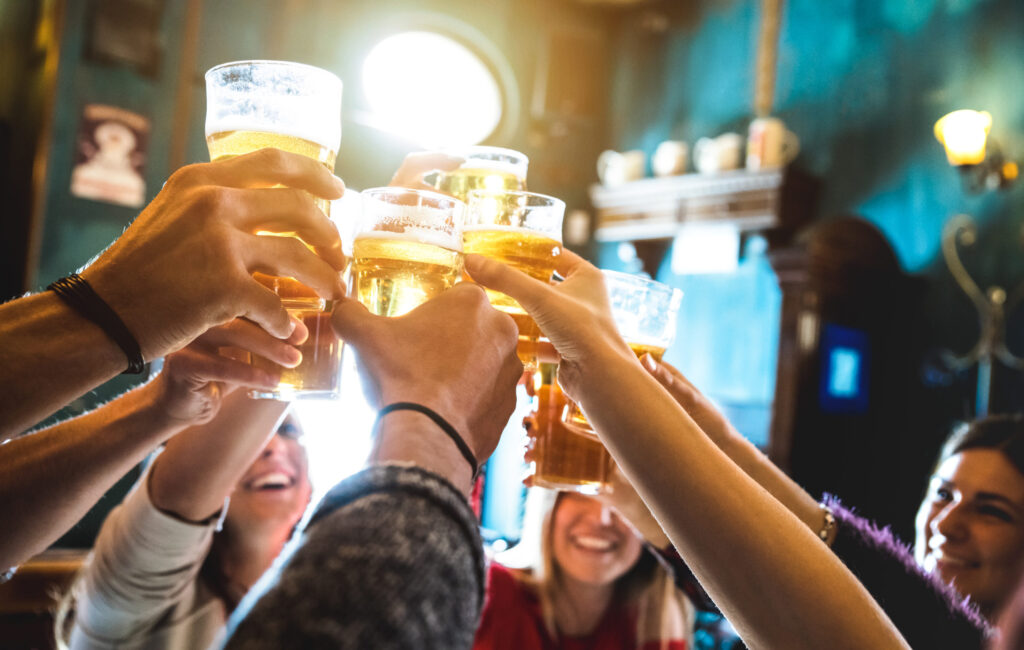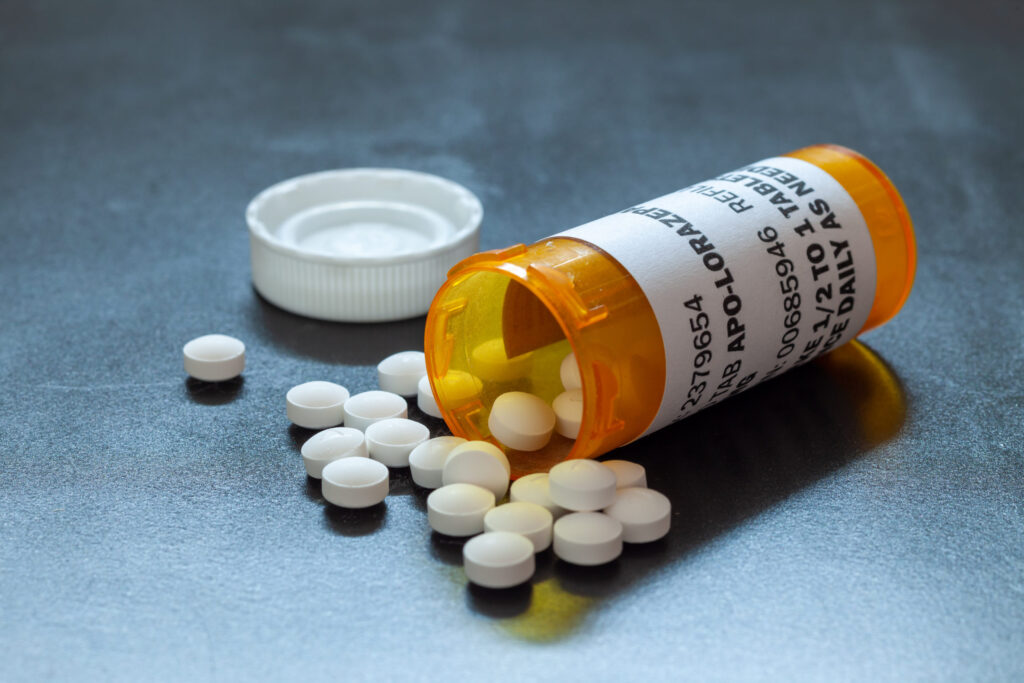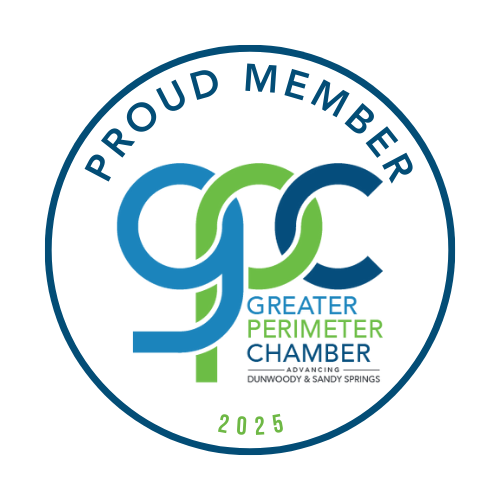The Dangers of Binge Drinking in College

College. The time in someone’s life where they find themselves, and sometimes they start new habits. These habits, such as partying, may not always be healthy or helpful. Everyone knows that in college the stereotype is the party scene is ongoing and never ending. For some people this isn’t true, but for others this is […]
Benzodiazepine Abuse: It’s More Common Than You Think

What exactly are benzodiazepines, and what are they used for? Is it something someone should take daily, or as needed? Can they be purchased illegally, or only obtained through a prescription? If you’ve found yourself asking these questions in the past, look no further! Within this article, we have provided information about benzodiazepines, what they […]
Signs of Alcohol Addiction

Alcohol – it’s widely available and it may seem like everyone drinks it. Although it’s easily accessible and often used as a social tool, it can be extremely addictive. Because it’s socially acceptable to drink, it can be hard for someone to recognize if you have an alcohol addiction. It can also be difficult to […]
Finding a Job After Rehab

If you’re addicted to drugs or alcohol, seeking professional treatment should be a main priority. It’s rare for an addict to be able to maintain employment, solid relationships, good health, etc, as addiction affects all aspects of your life. Professional addiction treatment not only helps you get off drugs or alcohol, it helps you learn […]
What is Outpatient Rehab?

Rehabilitation and recovery does not have to be a burden for someone who is trying to maintain a sober life. Within outpatient recovery programs you can continue to work while going through the process of sobriety. At our facility Atlanta Recovery Place, we’re here to help anyone with addiction (who wants help of course). We […]
How to Quit Alcohol

Quitting something isn’t always simple, especially if it’s something that you enjoy. Drinking alcohol can be enjoyable, and seem like something to partake in at social events, but this can lead to damaging habits and even a future addiction. At Atlanta Recovery Place, we want to provide information and resources for anyone looking to quit […]
Finding a Drug Rehab in Georgia

Finding the perfect drug rehab facility is not always an easy task, especially finding one that meets your individual needs. No two people or addictions are alike. At Atlanta Recovery Place, our addiction treatment in Georgia understands the difficulties in finding a drug rehab and the right time to go to that addiction treatment facility. […]






